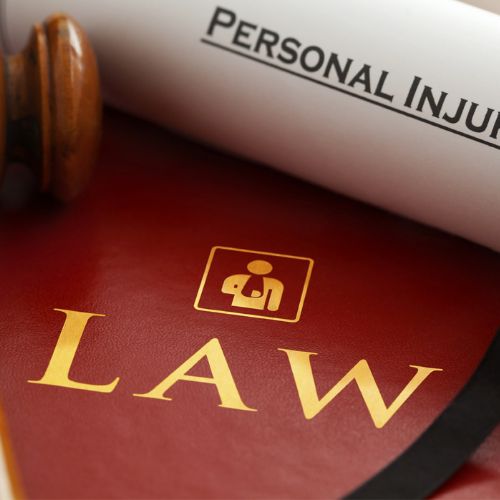A necessary element for any successful claim for personal injury compensation is establishing fault, either through negligence or breach of statutory duty.
Under the law of negligence it must be shown that:
- The proposed Defendant owed the Plaintiff a duty of care;
- The Defendant breached their duty of care by failing to take reasonable steps to fulfil that duty;
- The breach of duty was the actual cause of the injury sustained by the Plaintiff;
- The injury sustained was reasonably foreseeable in the circumstances.
The importance of this principle was highlighted in the lead case of Ward v Tesco Stores Ltd [1976] 1 WLR 810. In this case, the Plaintiff slipped on yoghurt which had been spilled on the floor of the Defendant’s store and the Plaintiff subsequently suffered injury. Evidence was adduced by the Defendant that they had a regular system of cleaning and inspection in place and that all staff received training regarding dealing with spillages as soon as they are detected. However, Tesco provided no evidence in relation to when that particular section of the floor had last been cleaned or inspected.
Where the Plaintiff cannot prove what the accident’s cause was, the court will presume breach 1) if the Defendant was in control of the situation and 2) the accident was not one which normally occurs without carelessness. This is the doctrine of res ipsa loquitur.
In this instance, the Court of Appeal ruled in favour of the Plaintiff and held that this was an appropriate case for res ipsa loquitur because the area was under the Defendant’s control and while it was not known how long the spillage had been there, it was likely that it had been there long enough to be dealt with.
The burden of proof therefore does not lie with the Plaintiff to prove that the Defendant was negligent; it is for the Defendant to prove that they took all reasonable steps to comply with their duty of care.
If you have had a slipping or tripping accident and would like further advice on pursuing a personal injury claim, please contact Katrina Lagan on [email protected] or contact 02890 434015.


